The Hidden World of African Black Soap: Unveiling Its Secrets
Introduction: A Brief Overview of African Black Soap
African black soap, or “Alata Samina” as it is traditionally known, stands as a hallmark of natural skincare, originating from the lush landscapes of West Africa. Boasting centuries-old roots, this soap is more than a cleansing product; it’s a testament to the rich cultural heritage and beauty practices of African societies.

Origins and History: Exploring the roots of African black soap in West Africa
The story of African black soap begins in the heart of West Africa, primarily Ghana, Nigeria, and surrounding countries. Traditional recipes have been handed down through generations, safeguarding the wisdom of ancestors and their deep connection to nature.
Cultural Significance: Understanding its place in African beauty and medicinal practices
In many African communities, this soap is more than just a personal care item; it’s imbued with cultural significance, often used in spiritual cleansing rituals and medicinal practices. Its preparation and use are deeply integrated into the fabric of daily life, symbolizing purity and wellness.

What Makes It Unique: Comparing African black soap to conventional soaps
Unlike conventional soaps laden with synthetic compounds, African black soap is celebrated for its all-natural composition, offering a wholesome, chemical-free alternative for skin and hair care.
Ingredients: The Natural Components That Define African Black Soap
At the heart of African black soap are the life-giving energies of nature, embodied in its pure, organic ingredients.
Plant-Based Oils and Butters: Shea butter, palm oil, and coconut oil
Shea butter soothes and moisturizes, while palm and coconut oils cleanse and nourish the skin. These natural fats form the soap’s base, endowing it with its deeply hydrating properties.
Ashes of Plants: Cocoa pods, palm tree leaves, and plantain skins
The ashes of cocoa pods, palm tree leaves, and plantain skins give the soap its characteristic dark hue and act as a gentle exfoliant, sloughing off dead skin cells and promoting renewal.
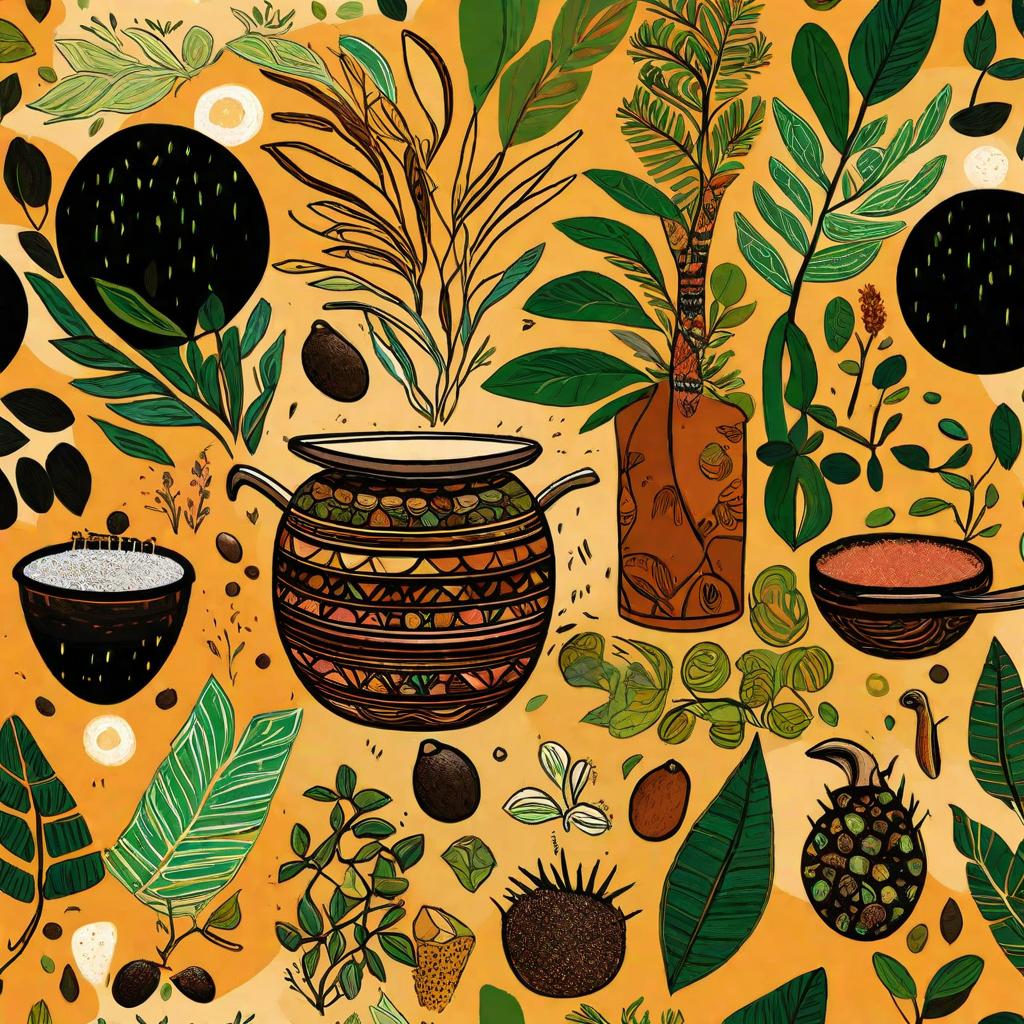
Natural Additives: Honey, aloe vera, and lemon juice for enhanced properties
For that extra boost, honey, aloe vera, and lemon juice are often added, enhancing the soap’s soothing, antimicrobial, and brightening abilities.
Production Process: From Traditional Methods to Modern Practices
The creation of African black soap is an art form, blending tradition and modernity.
Traditional Techniques: How African black soap is traditionally made in African communities
Originally, families or groups in West African communities would craft the soap using secret recipes. These methods involve sun-drying the plant ingredients, burning them into ash, and mixing the ash with oils and water, cooking the mixture until it solidifies.

Modern Adaptations: How contemporary production methods have altered or preserved traditional recipes
As the popularity of African black soap has spread globally, modern manufacturing methods have been adopted. Some makers strive to retain the traditional essence, while others introduce variations, adjusting to the demands of a wider market.
Quality Control: Ensuring the authenticity and quality of African black soap in the global market
Ensuring you’re getting genuine African black soap involves looking for products that maintain the traditional ingredient list and method of production. Authenticity certificates or purchasing from reputable, fair trade-certified suppliers can help.
Benefits: Exploring the Multifaceted Advantages of African Black Soap
The benefits of African black soap extend far beyond clean skin and hair.

Skin Care Wonders: How it benefits different skin types and treats skin conditions
For individuals with oily, acne-prone, or sensitive skin, African black soap can be a miracle worker, balancing the skin’s natural oils and soothing irritation.

Beyond Skin Care: Other uses and benefits, including as a hair care product
Not just for the skin, the soap is also effective as a natural shampoo, promoting a healthy scalp and lustrous locks.
Testimonials and Endorsements: Real-life accounts of the soap’s effectiveness
Countless users worldwide attest to the soap’s transformative effects, sharing stories of healed skin conditions, enhanced beauty routines, and a return to natural, sustainable living.

Sustainability and Ethical Considerations: The Bigger Picture
Choosing African black soap is not only good for the skin but for the planet and its people.
Sourcing of Ingredients: The impact of ingredient sourcing on local communities and the environment
Sustainably sourced ingredients ensure the preservation of biodiversity and the well-being of local communities involved in production.
Supporting Local Communities: The role of fair trade initiatives in the production of African black soap
Fairtrade practices empower producers, providing them with fair compensation and fostering community development.
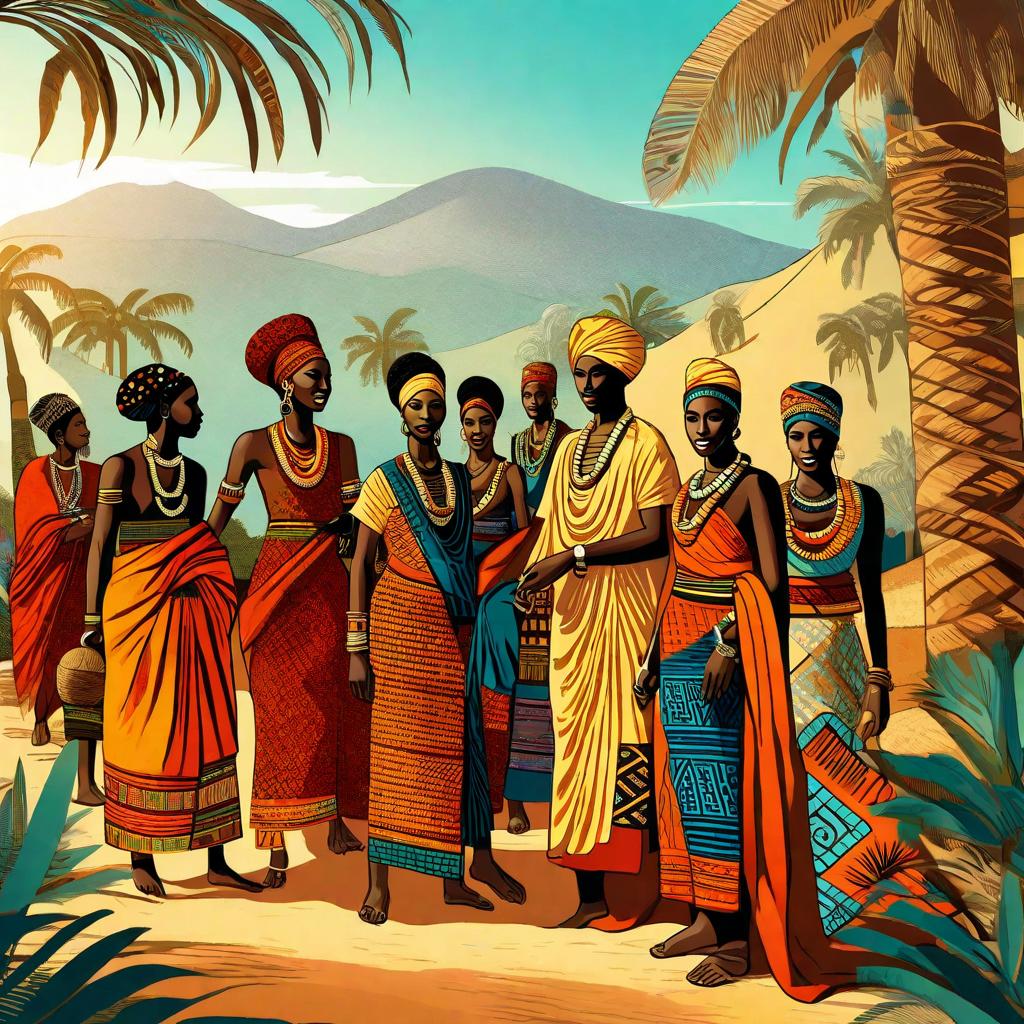
The Environmental Impact: Assessing the eco-friendliness of African black soap
With biodegradable ingredients and minimal packaging, African black soap embodies an eco-friendly choice, reducing the ecological footprint of our beauty routines.
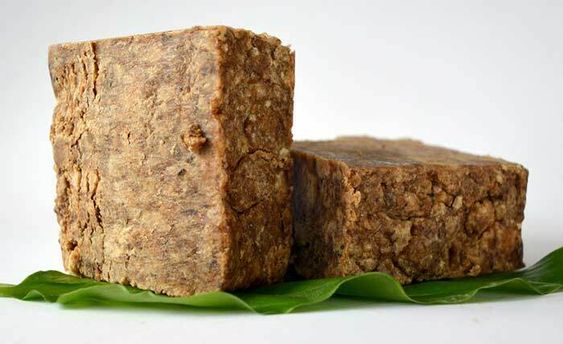
Conclusion: Embracing African Black Soap in Your Daily Routine
Delving into the world of African black soap reveals a treasure trove of benefits—not just for our skin and hair, but for the environment and communities behind its creation.
Summary of Key Points: Recapping the origins, ingredients, benefits, and ethical considerations
From its rich heritage in West Africa to its simple, natural ingredients and multifaceted benefits, African black soap stands out as a beacon of wellness, sustainability, and ethical consumption.
Integrating Into Your Life: Tips for adding African black soap to your skincare regimen
Start by introducing the soap gradually into your routine, listening to how your skin responds, and embracing the journey towards more natural, mindful beauty practices.
Future Prospects: The growing global appreciation and potential trends
As more people seek out authentic, sustainable, and health-conscious products, African black soap is poised to gain even greater popularity, championing an ethos of beauty that cares for the world.
Embrace the natural, ethical, and wholesome choice of African black soap in your daily life, and join the vibrant global community celebrating this African treasure.
Can African black soap expire or go bad?
Natural soaps like these have a long shelf life but should be stored properly to maintain their quality over time.
Is it suitable for all skin types?
Absolutely, though individual reactions can vary. Listening to one’s skin is key.
Can African black soap be used on sensitive skin?
Yes, but it’s best to start with a patch test, as the soap’s exfoliating properties may be strong for some.
How does African black soap differ from other natural soaps?
Its unique blend of ingredients, traditional production methods, and cultural heritage set it apart.
How can I ensure I am buying authentic African black soap?
Look for products with a clear list of traditional ingredients and prefer fair trade-certified suppliers.
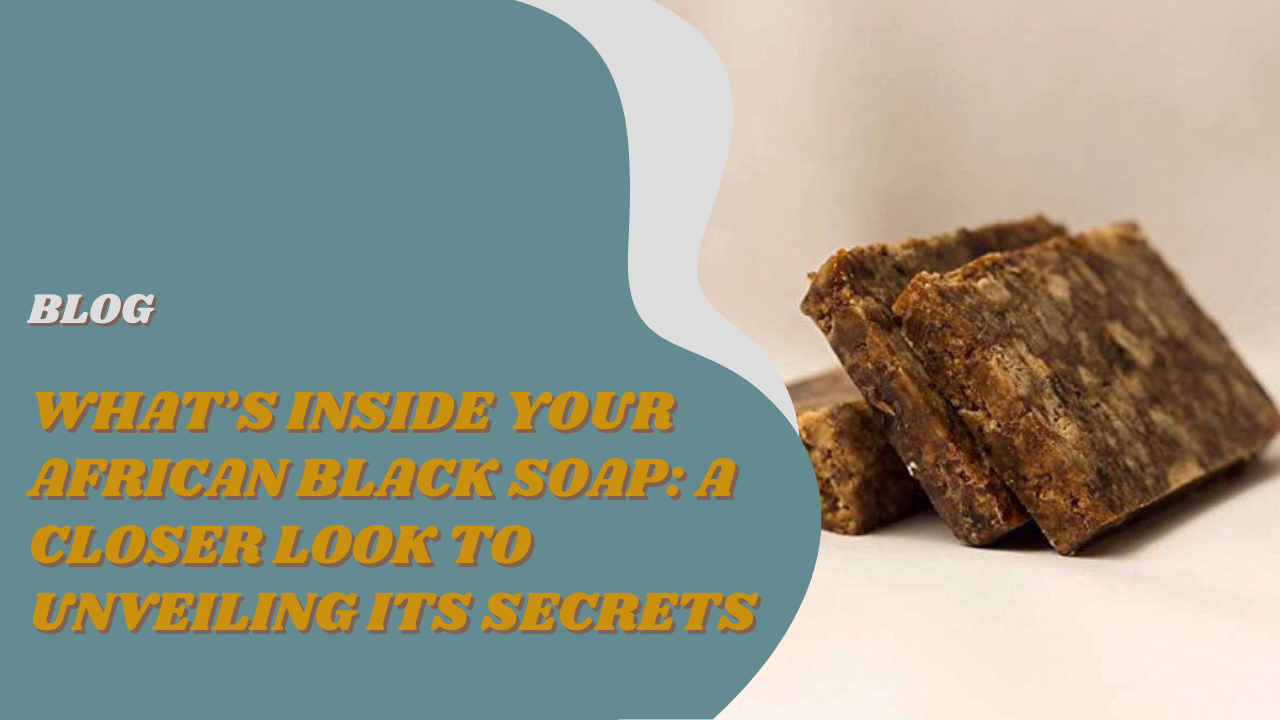

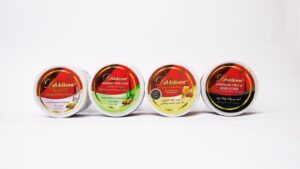
I’m really impressed with your writing skills as well as with the layout on your blog.
Is this a paid theme or did you modify it yourself? Anyway keep up the
excellent quality writing, it’s rare to see a nice blog like this one these days.!
fantastic post, very informative. I wonder why the opposite experts of this sector do not realize this. You should continue your writing. I am confident, you’ve a huge readers’ base already!